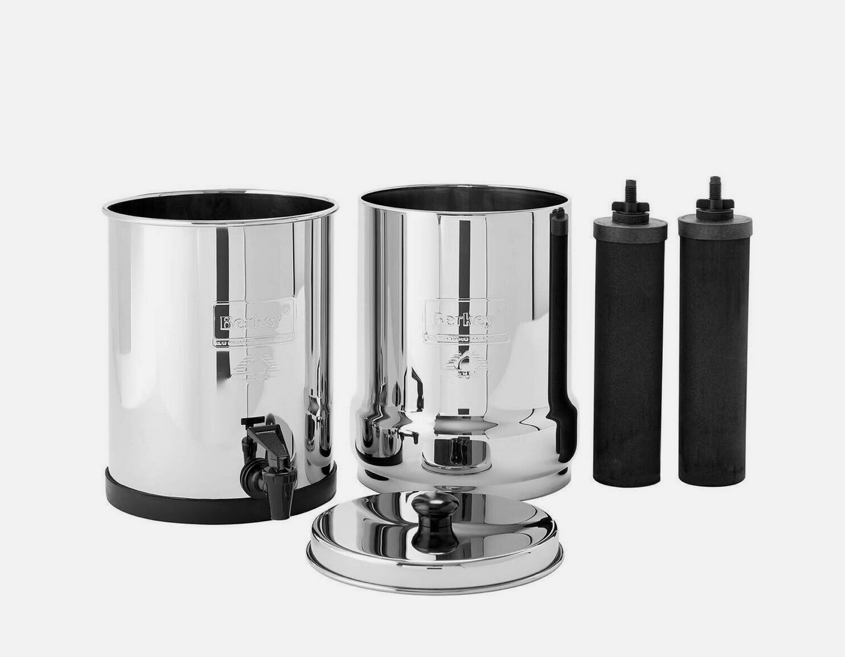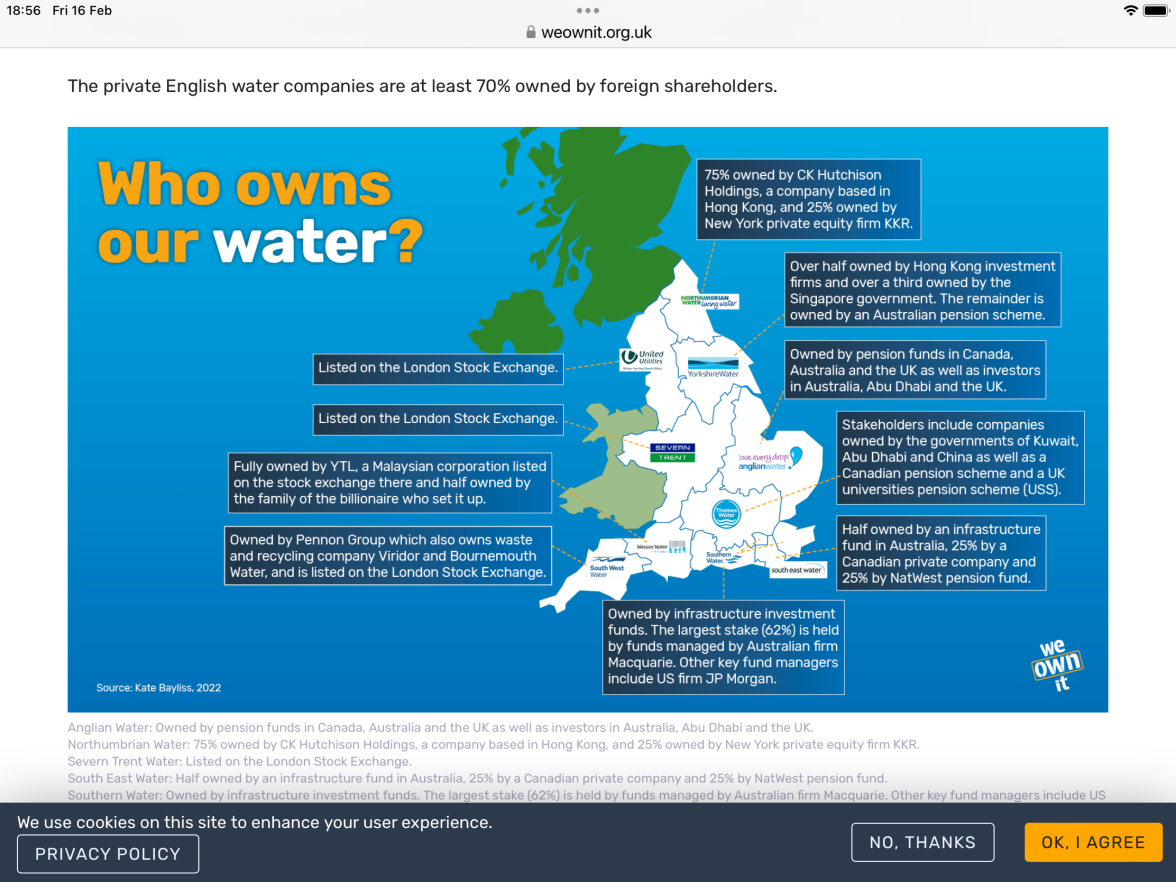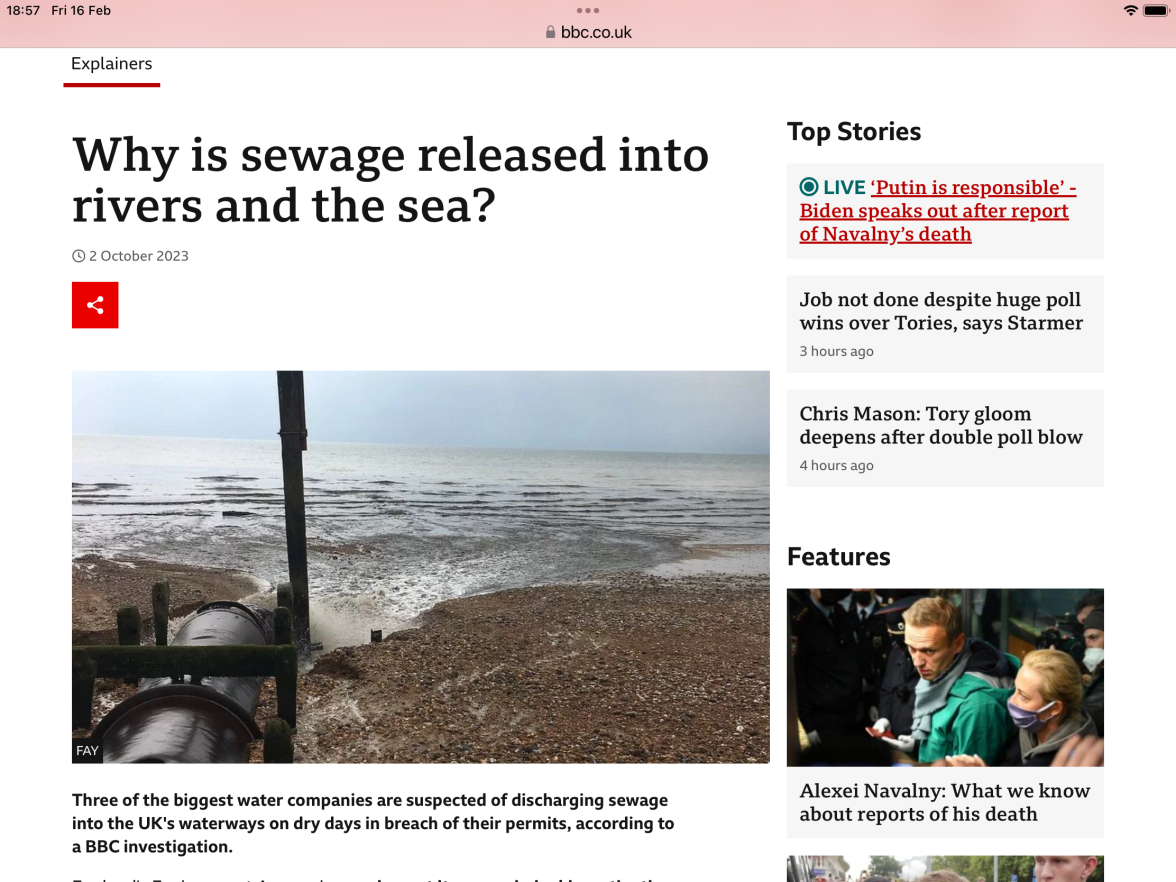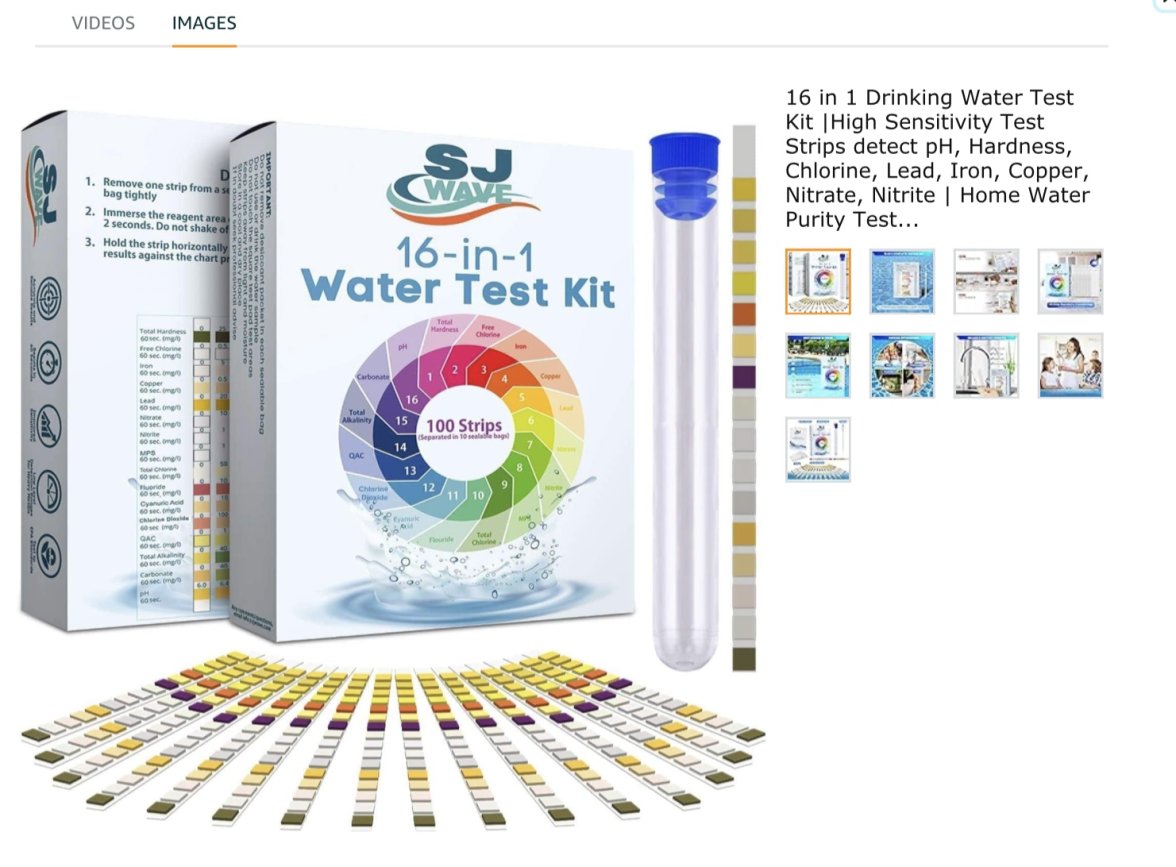Just for a bit of background, I've got a masters degree in Water Engineering and Hydrology and have worked for 12+ years in the UK Water Industry.
Far and away the biggest risk to public health are privately owned lead supply pipes. These are the small diameter pipes which connect your house to the water main in the street. The Water company owns the section in the highway, but the property owner owns the section on their land. There are millions left in the UK and checking if you have one and replacing it with PE pipe is the most significant improvement you can make. If you replace your section, most water companies will renew the section in the highway free of charge. Most filters don't remove lead, some of the more expensive ones do but mainly particulate lead, not dissolved.
Despite many people's beliefs to the contrary, most water supplies in the UK don't have fluoride dosing. The acids used to fluoridate potable water supplies are horrible, highly corrosive chemicals and the transportation, storage, dosing and management etc are time consuming and costly. With a few exceptions, fluoride is only added when requested by local government, typically in areas of high depravation to combat dental issues. This is a very lengthy process (as I've been involved in one), the costs are significant and it has to go to the Secretary of State and public consultation. It should be easy to find out if your water supply is fluoridated.
Chlorine is harmless at the doses found in the public water supply in the UK. It will also off-gas and reduce in open containers that are stored for a few minutes/hours and reduce levels. Personally i wouldn't remove chlorine from my drinking water unless i was storing it for a very short space of time in an airtight container out of the sun. Otherwise you risk microbial growth, seeded from the container itself, not the tap water.
PFAS is an emerging risk and the long term effects and acceptable thresholds aren't fully understood. There is no safe PCV (prescribed concentration value) for PFAS but it's coming. The good news is that many of the processes currently employed in UK water treatment, such as GAC and PAC carbon filtration, currently used to remove taste & odour and pesticides, are also the most likely processes to be used for removing PFAS chemicals. The only difference being the additional load provided by water containing significant concentrations of PFAS will exhaust the carbon more quickly, meaning it needs re-firing or replacing with virgin media more frequently. Water Companies are already aware of their high risk sites and are proactively taking steps to ensure levels aren't in the likely unacceptable zone.
High risk sites are typically those who upstream catchment includes airports (firefighting foam is a major contributor) and historic chemical production sites. If you live in an upland area, with no real industry or airports above you, you're unlikely to have PFAS above background anyway.
All that said, i get why people like to have a water filter, particularly in hard water areas to reduce furring up of kettles etc. They just need careful monitoring as old filters that aren't changed regularly are hotbeds of microbial growth and if you've also removed the chlorine, you're introducing a larger risk.





